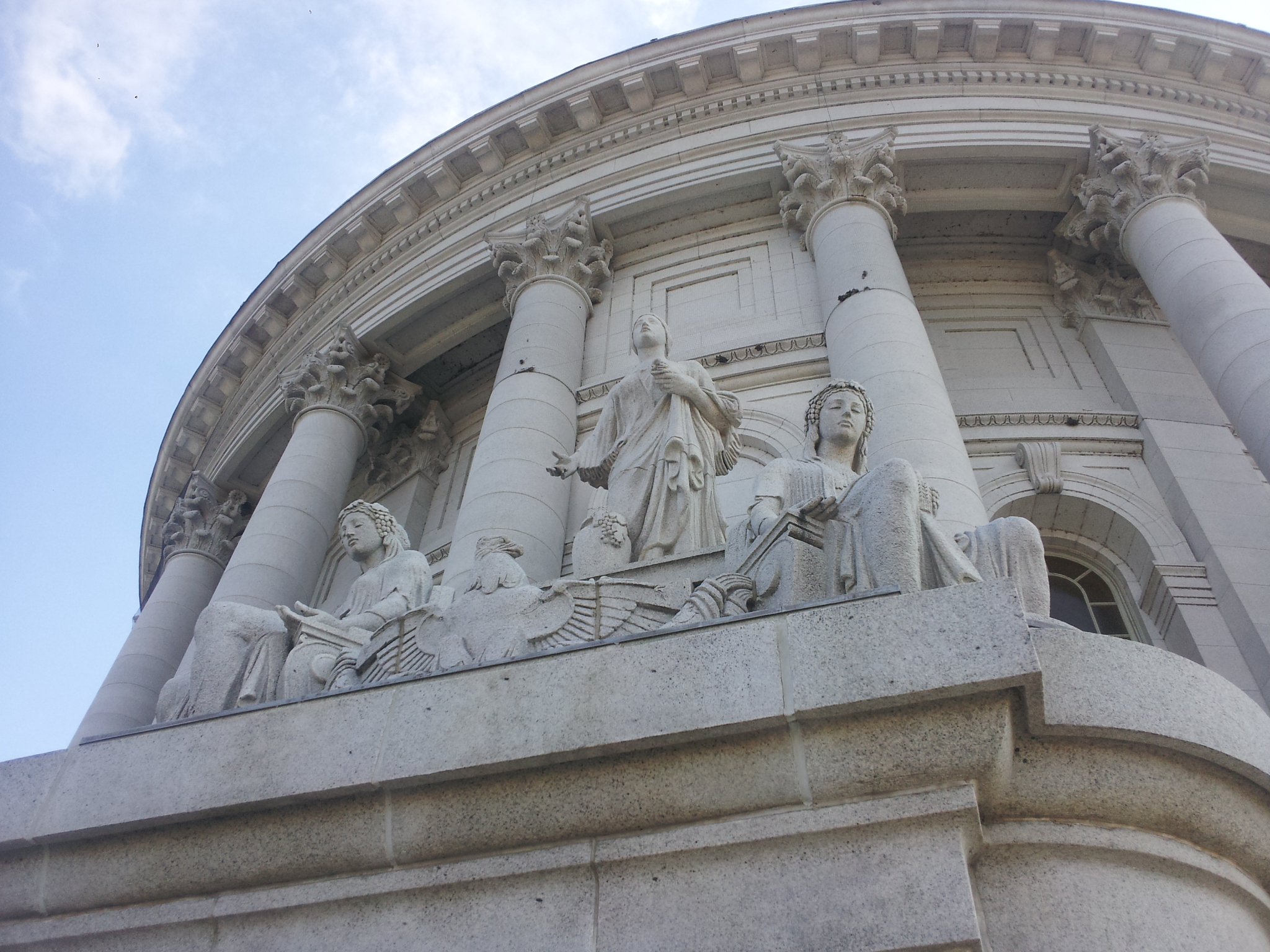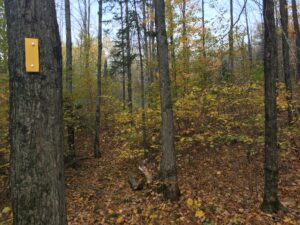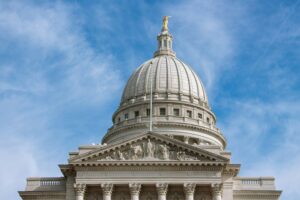According to Wisconsin Watch, Governor Tony Evers’ lawsuit against the Republican-controlled state legislature could scale back the power the executive branch has accumulated over the past decade. The Wisconsin Supreme Court heard oral arguments on April 17, 2024 challenging the Joint Finance Committee (JFC) on its use of “committee vetoes” to reject conservation projects approved by the Wisconsin Department of Natural Resources under the Knowles-Nelson Stewardship Program.
The crux of Evers’ lawsuit involves separation of power and asserts that once the legislature enacts a statute creating a program, it then falls to the executive branch to administer it within the statutory spending limits and criteria. Thus, when the JFC vetoes Knowles-Nelson Stewardship projects, this intrudes on the executive branch’s authority and violates the separation of powers.
Attorneys for the legislature reject that assertion and claim that both branches (legislative and executive) share in the creation and oversight of administrative agencies such as the Department of Natural Resources. This shared responsibility arises from the legislature’s “constitutional power of the purse.”
Despite the legal arguments in this case, several scholars have noted that Wisconsin is an outlier among states nationally. Miriam Seifter, a University of Wisconsin Law School professor, said that legislative (or committee) vetoes have been rejected by almost all state courts across the country as unconstitutional.
“When other state legislatures want to change binding law, they pass legislation. In Wisconsin, a committee alone can undo executive branch decisions. And that’s become true sort of throughout the state’s code, not just in the provisions that are at issue in this case, and it is a feature of real consequence for how the state is governed,” said Seifter in an interview referenced by the Wisconsin Watch article.
Marquette University Law School Professor Chad Oldfather adds, “the [Wisconsin] Legislature has been slowly but steadily accumulating more power for itself over the last few decades.”
Featured image by c_neuhaus, 2012.










